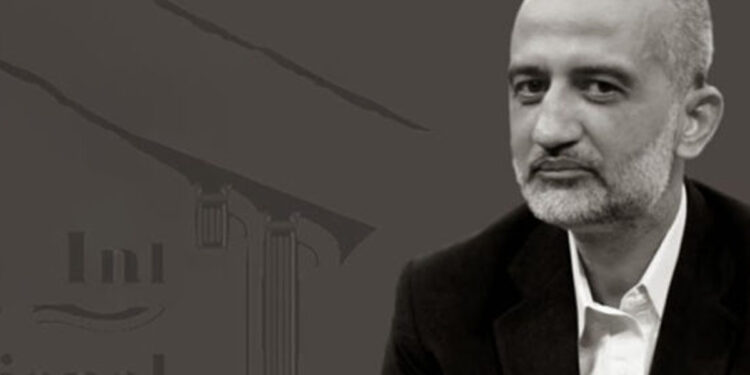Charitable giving is often associated with the noblest intentions: aiding the poor, providing for the destitute, and supporting the vulnerable. However, there is a growing concern that not most but few charitable giving isn’t focused enough on the poor but heinous crimes, as illustrated by the recent arrest of Sarim Burney by the Federal Investigation Agency (FIA). This article delves into the shocking details of Sarim Burney’s arrest, the charges against him, and the broader implications for charitable organizations.
Who is Sarim Burney?
Sarim Burney is a prominent Pakistani entrepreneur and the founder of the Sarim Burney Welfare Trust. He has been a significant figure in social welfare, known for his philanthropic efforts to assist the impoverished and distressed in Pakistan. The Trust, established under his leadership, has been instrumental in providing aid to numerous victims, including children, women, and men, who are in dire need of support. The organization claims to help every Pakistani suffering from distress, making Burney a well-known name in social welfare circles.
Why Was He Arrested?
The news of Sarim Burney’s arrest has sent shockwaves through the social welfare community. The Federal Investigation Agency (FIA) arrested him at Karachi Airport on charges of human trafficking and other serious crimes. According to FIA sources, Burney had been under surveillance for an extended period. The authorities made their move when he arrived at Karachi Airport from the US, leading to his immediate arrest.
The Nature of the Charges
Human trafficking is one of the most heinous crimes, targeting the most vulnerable and voiceless individuals. As per the FIA’s investigation, Sarim Burney was allegedly involved in such activities. Human trafficking often hides in the shadows, with traffickers exploiting people for various purposes, including forced labor and sexual exploitation. The charges against Burney are severe and, if proven, could lead to significant legal consequences.
Involvement in Human Trafficking
The allegations against Sarim Burney are grave. According to international reports, more than 25 children were smuggled from Pakistan to the US under Burney’s radar. These children, vulnerable and in need of protection, were allegedly trafficked across international borders, raising serious concerns about the operations of the Sarim Burney Welfare Trust.
Previous Legal Troubles
This is not the first time Sarim Burney has faced legal scrutiny. In the past, he was linked to human trafficking cases but managed to evade arrest due to a lack of evidence. This recent arrest, however, seems to be backed by more substantial proof, suggesting that the authorities have gathered significant information to support their case against him.
The Reaction from Burney’s Legal Team
Following Burney’s arrest, his legal team quickly mobilized and arrived outside the FIA office where he is being investigated. Despite their presence, they have been unable to meet him, indicating the seriousness of the charges and the tight security measures in place.
The Implications for Charitable Organizations
The arrest of Sarim Burney raises critical questions about the operations of charitable organizations. While many charities work tirelessly to support the needy, cases like Burney’s highlight the potential for abuse and exploitation within these institutions. It underscores the importance of transparency, accountability, and stringent oversight in the charitable sector to prevent such incidents.
The Impact on Public Trust
Public trust in charitable organizations is essential for their success. The arrest of a high-profile figure like Sarim Burney can significantly impact public perception, leading to increased skepticism and scrutiny of charitable activities. Donors and supporters may become more cautious, demanding greater transparency and proof of legitimate operations from the organizations they support.
Steps for Ensuring Accountability
To restore and maintain public trust, charitable organizations must implement robust measures to ensure accountability. This includes regular audits, transparent reporting of activities and finances, and adherence to strict ethical standards. By doing so, they can demonstrate their commitment to genuine philanthropic efforts and distance themselves from individuals who exploit the system.
The Role of Regulatory Bodies
Regulatory bodies play a crucial role in overseeing charitable organizations and ensuring they operate within the law. Enhanced regulations and stringent enforcement can help prevent the misuse of charitable funds and protect the vulnerable populations these organizations aim to serve. The case of Sarim Burney highlights the need for stronger regulatory frameworks to prevent similar incidents in the future.
Conclusion
The arrest of Sarim Burney is a stark reminder that not all charitable giving is focused on the poor and vulnerable. While many organizations work with genuine intentions, the presence of unscrupulous individuals can tarnish the reputation of the entire sector. It is essential for charitable organizations to prioritize transparency, accountability, and ethical practices to maintain public trust and continue their vital work in supporting those in need.









